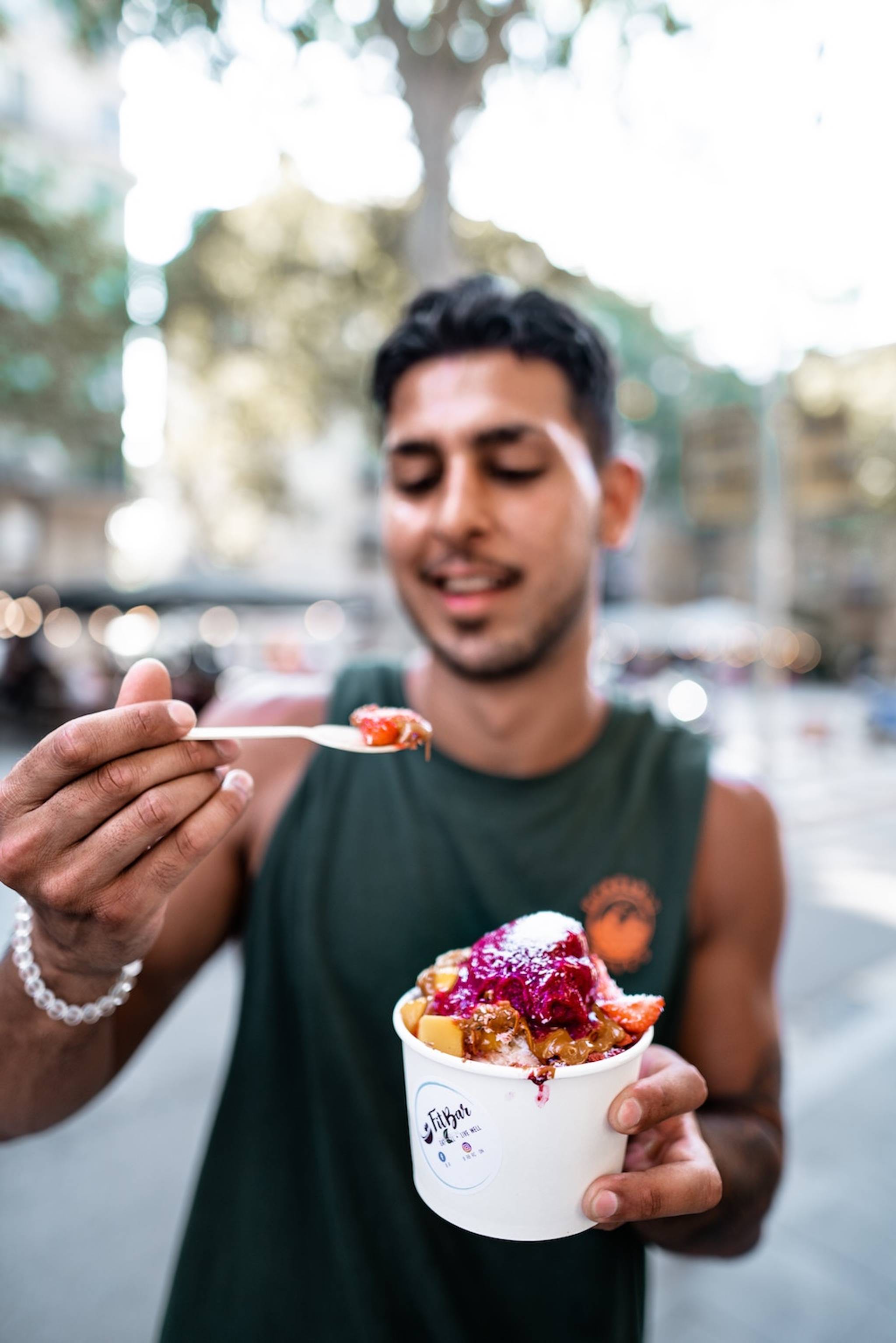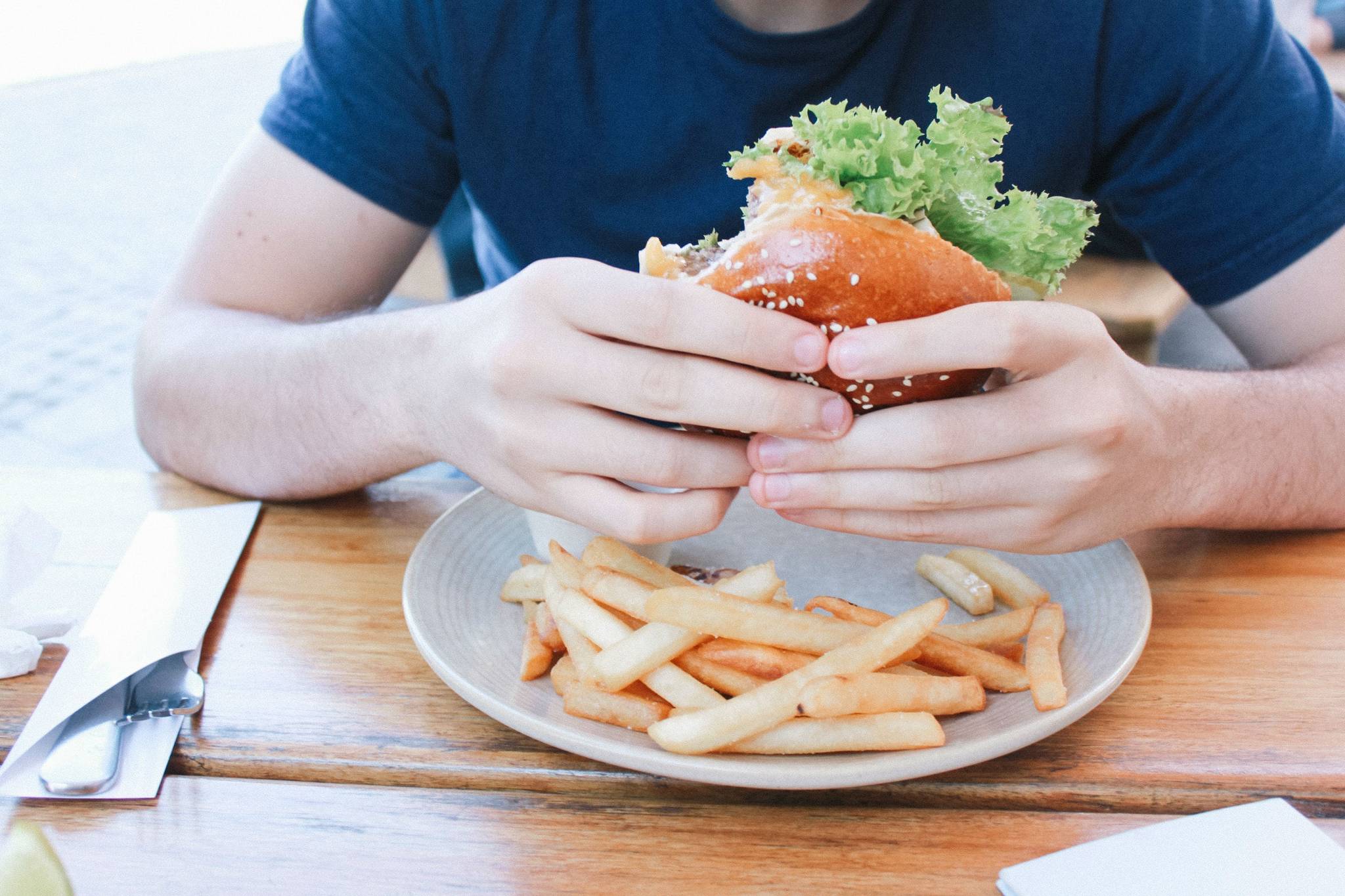
A UK study has found that social media users are more likely to eat food that they think their friends are also eating. The study is particularly relevant when it comes to young, impressionable social media users, with implications around how brands can ‘nudge’ healthy eating habits on platforms they frequent. We explore the insights behind this and why who we follow on social media can influence what we eat.
Conducted by researchers at Aston University, the study observed the eating habits of university students and their social media circles. It found that participants who believed their friends ate the recommended ‘five a day’ of fruit and veg were more likely to eat an extra fifth of fruit or veg.
The study also explored junk food eating habits, finding that the participants ate a third more junk food if they thought their friends were indulging, too. "This study suggests we may be influenced by our social peers more than we realise when choosing certain foods,” says Lily Hawkins, lead researcher of the study and PhD candidate at Aston University. “We seem to be subconsciously accounting for how others behave when making our own food choices.”
The fact that people are subconsciously choosing food and beverage options according to what they see their friends consume on social media is especially relevant for young social media users under the age of 21, as 22% of their daily phone usage is spent on social media. Additionally, with only 28% of English adults eating their recommended ‘five a day’ of fruit and veg, the study opens up opportunities for organisations that promote healthy eating habits, suggesting promising results when friends facilitate healthy choice ‘nudges’ on social media.
Loughborough University also conducted a study on healthy nudges, finding that displaying ‘exercise calories’ – labels that show how much exercise a person would have to do to compensate for consuming a product – on food products can lead to healthier choices.
Luana Sambell is a behavioural analyst at Canvas8. She holds a master's degree in consumer behaviour and is passionate about cultural trends and the latest happenings in retail. Outside of work, you can find her exploring different cultures through food or catching live music whenever possible.



